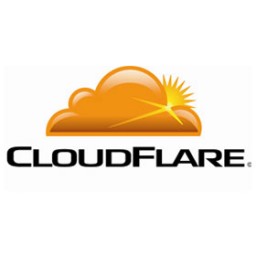After long and careful consideration, I decided to enable CloudFlare for my blog.

CloudFlare is a content delivery network which aims to enhance website security and performance. CloudFlare CDN offers protection againts many forms of malicious activity including: spammers, email harvesters, SQL Injection, XSS, denial-of-service attack and suspicious web requests. Therefore saving valueable bandwidth from the web hosting machine.
My Personal Experience with CloudFlare
After a while using CloudFlare, I’ve notice that:
- My site uses less bandwidth
- The php-fcgi uses less (valueable RAM)
- Less comment spam received from blogs
- Site loads faster, not prone to being bogged down during peak hour
So far, so good, I love using CloudFlare…

 Bitcoin is not anonymous
Bitcoin is not anonymous